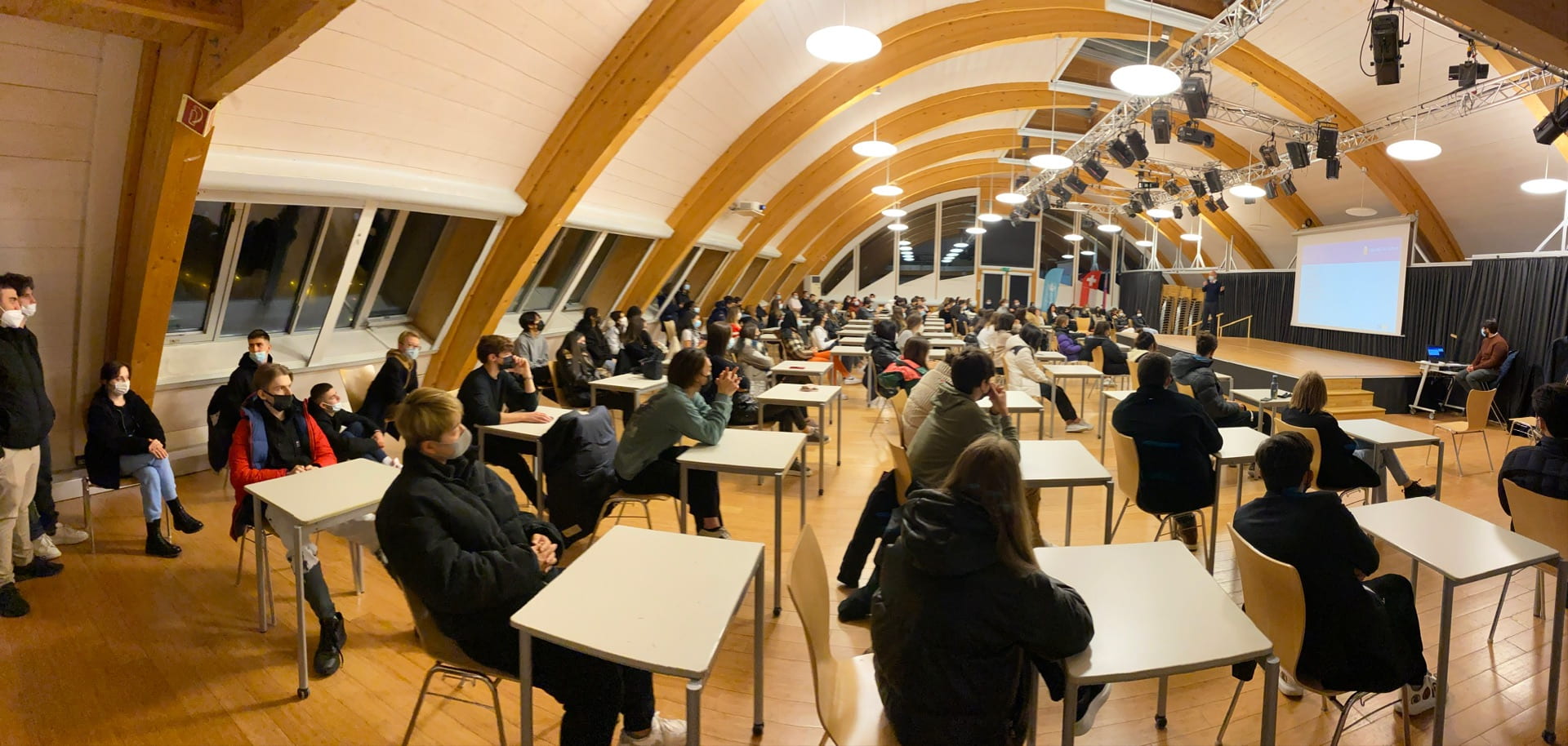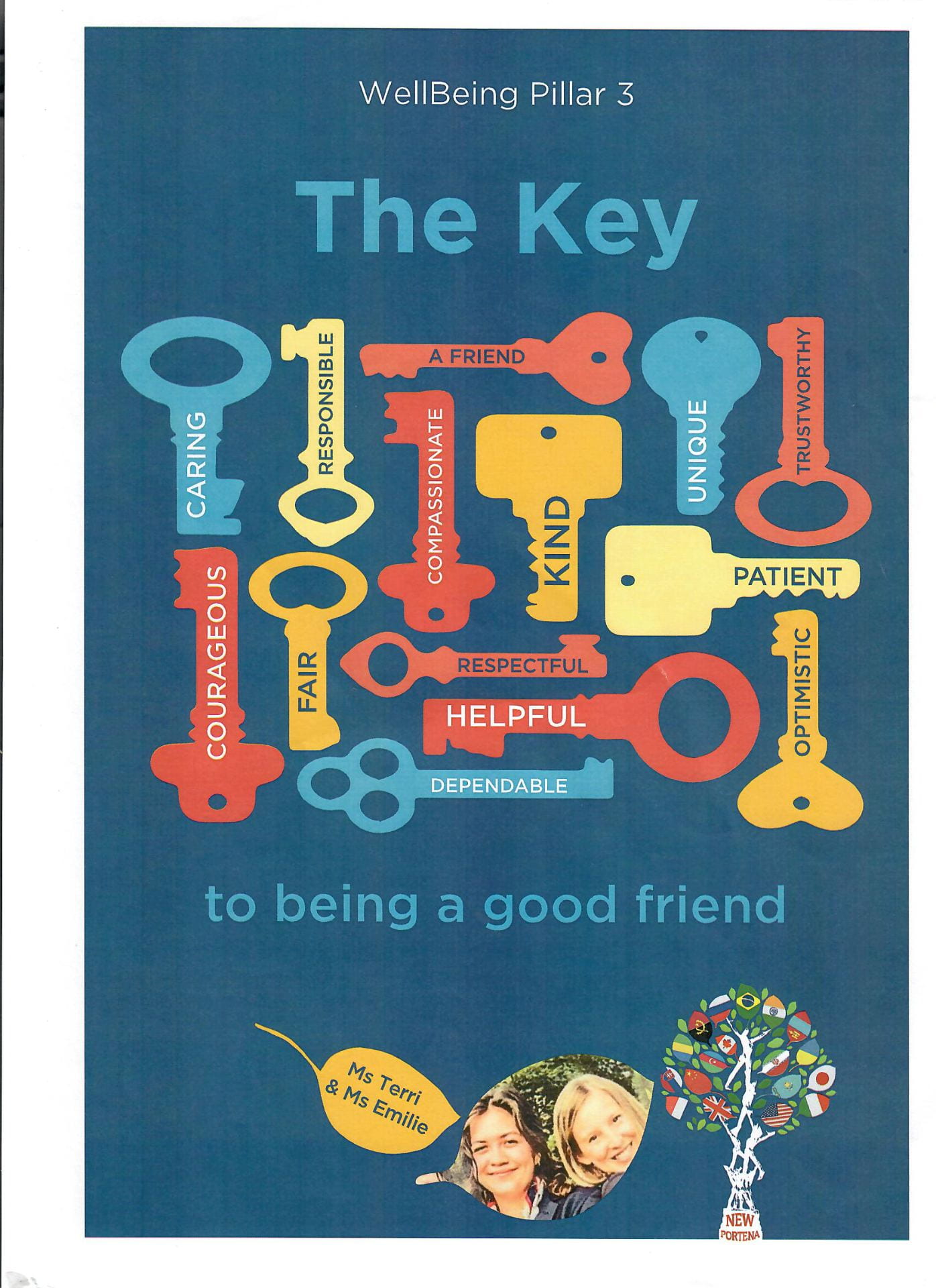














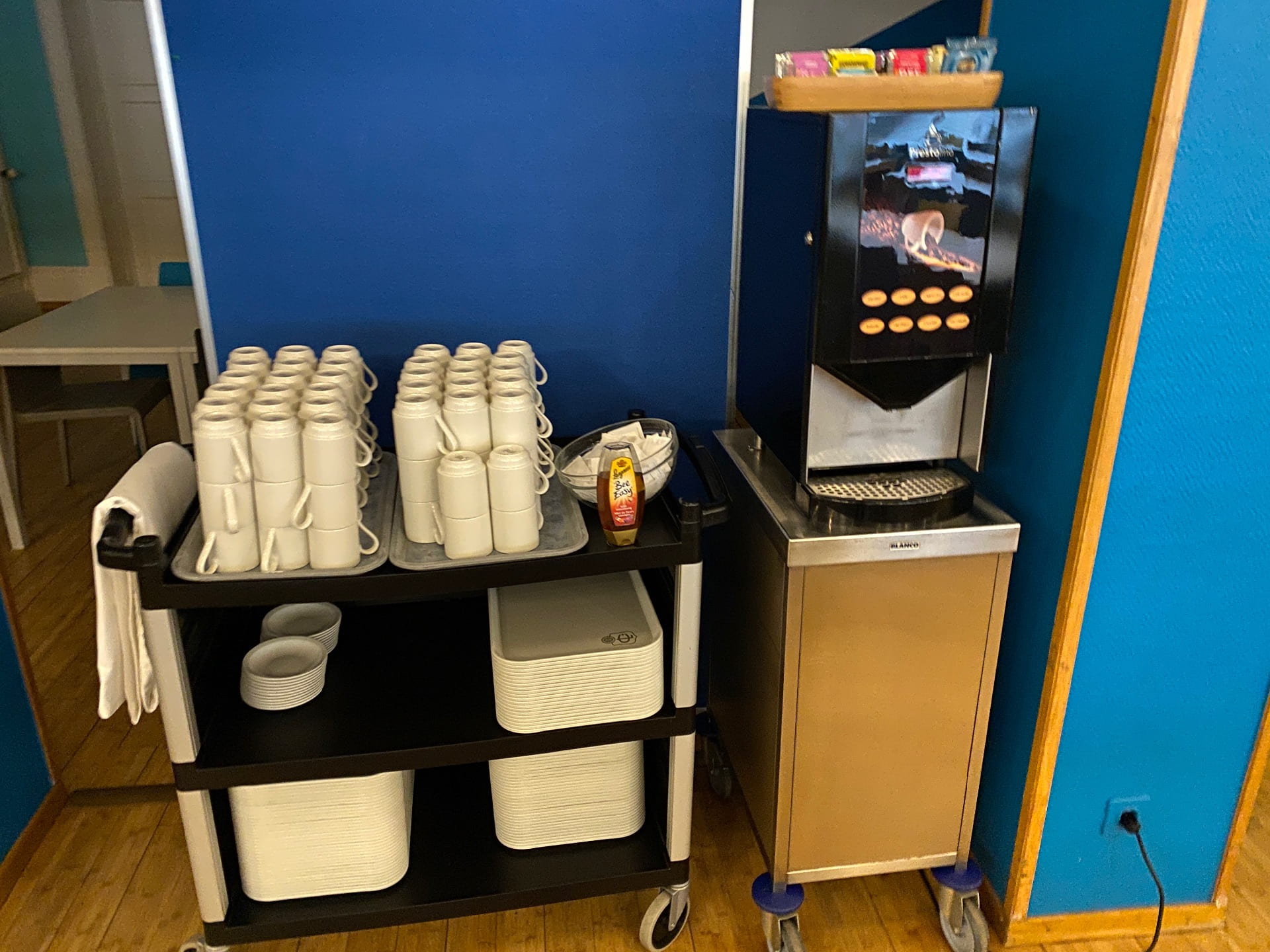

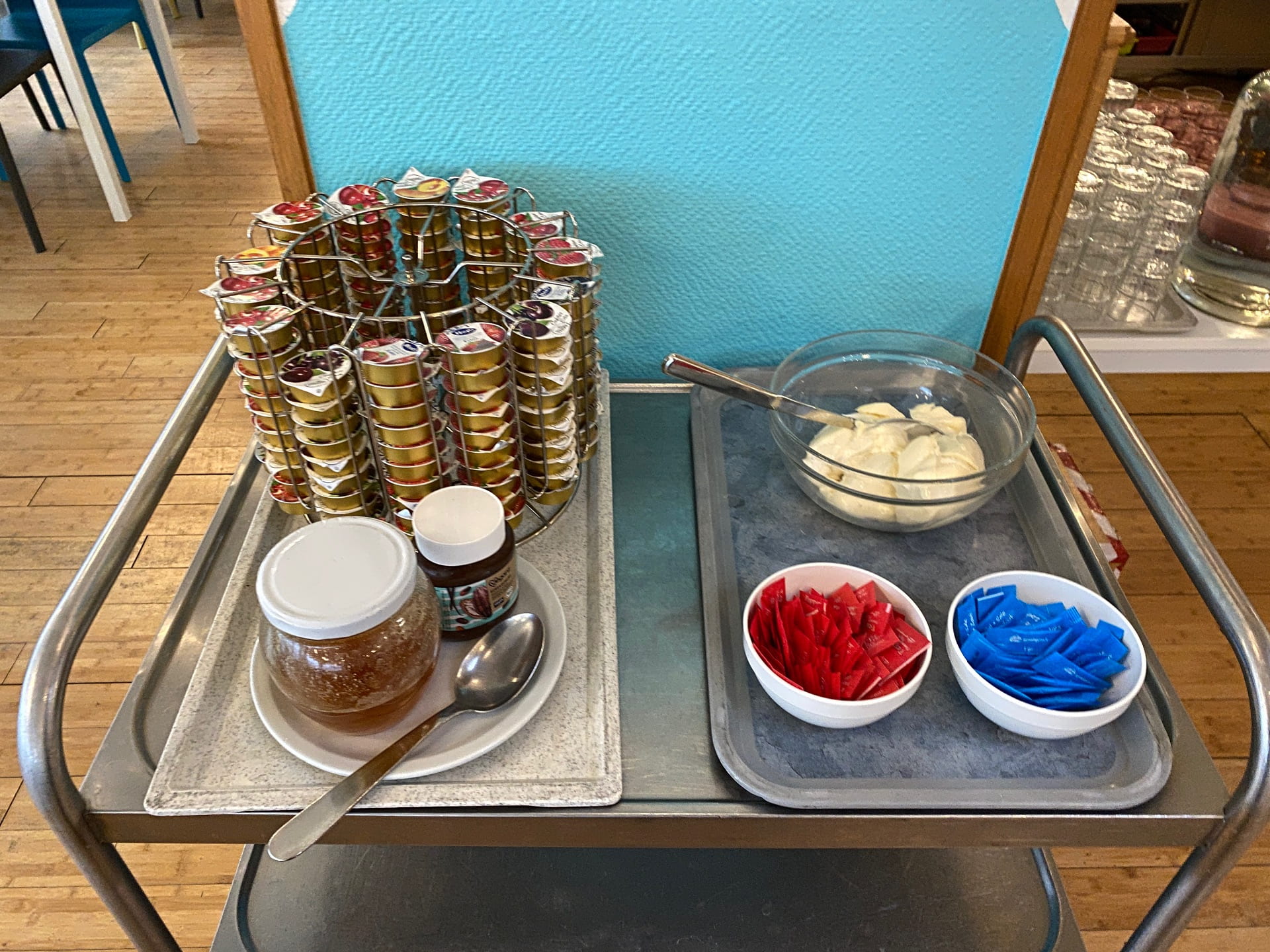




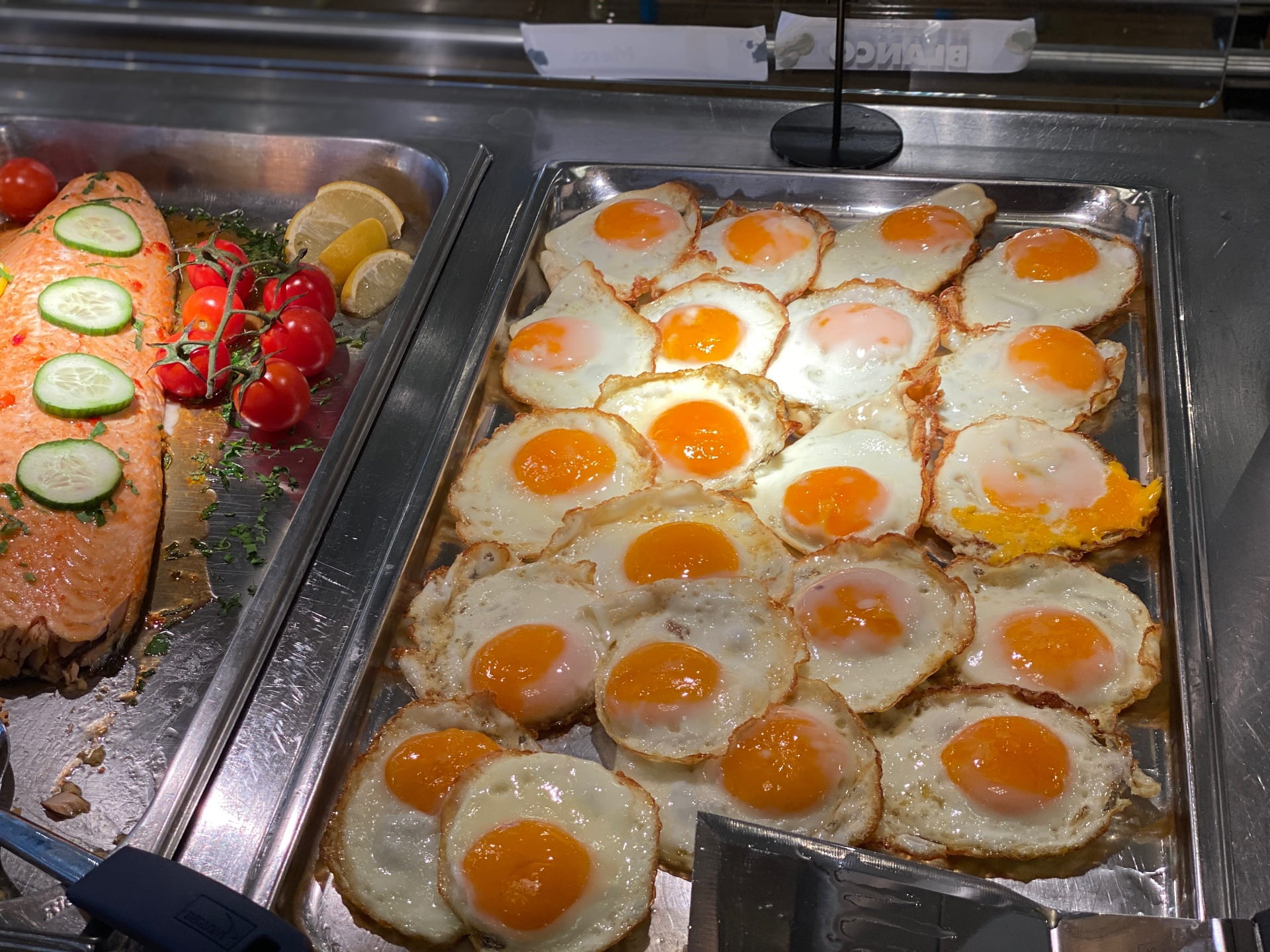

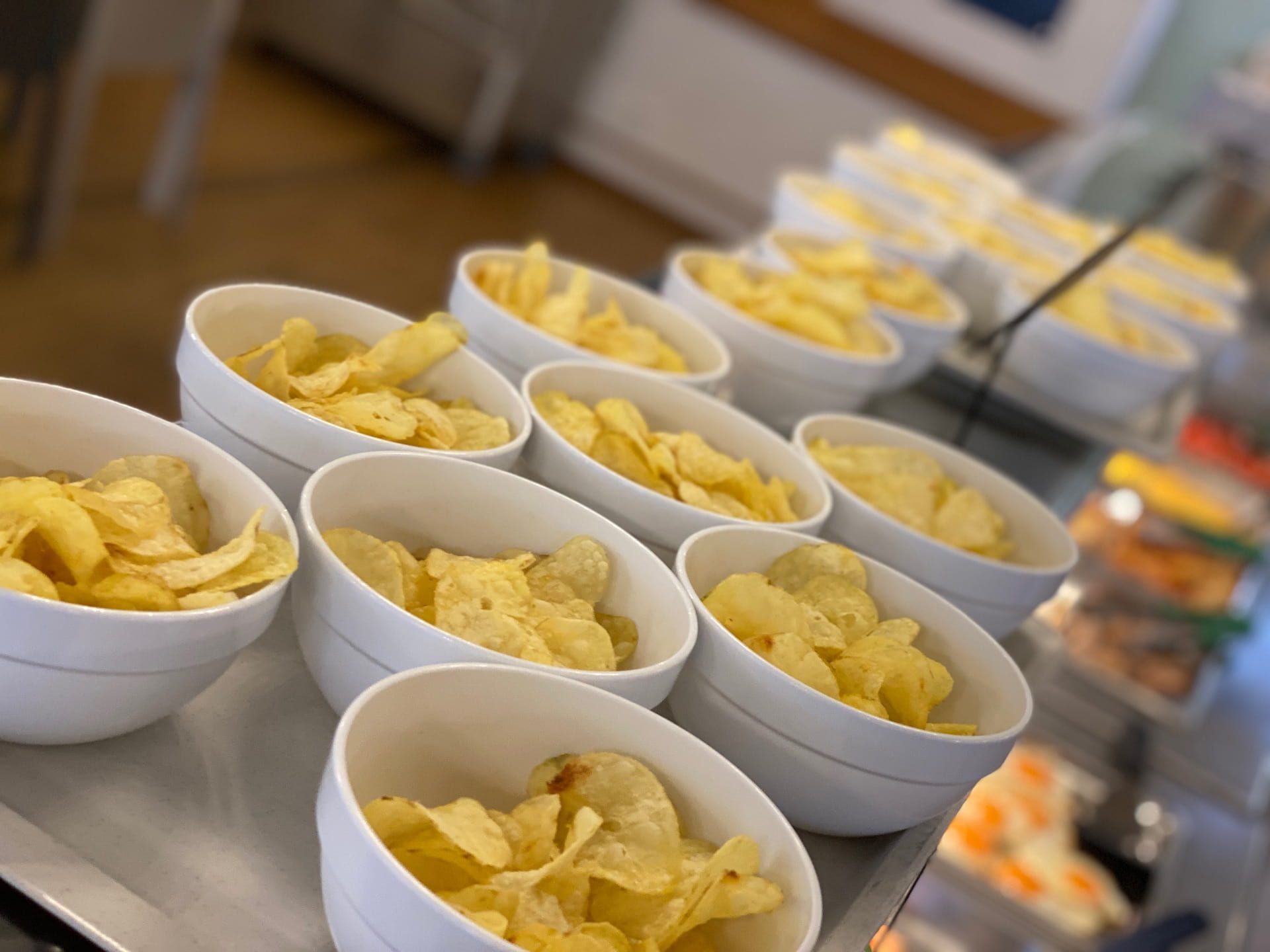














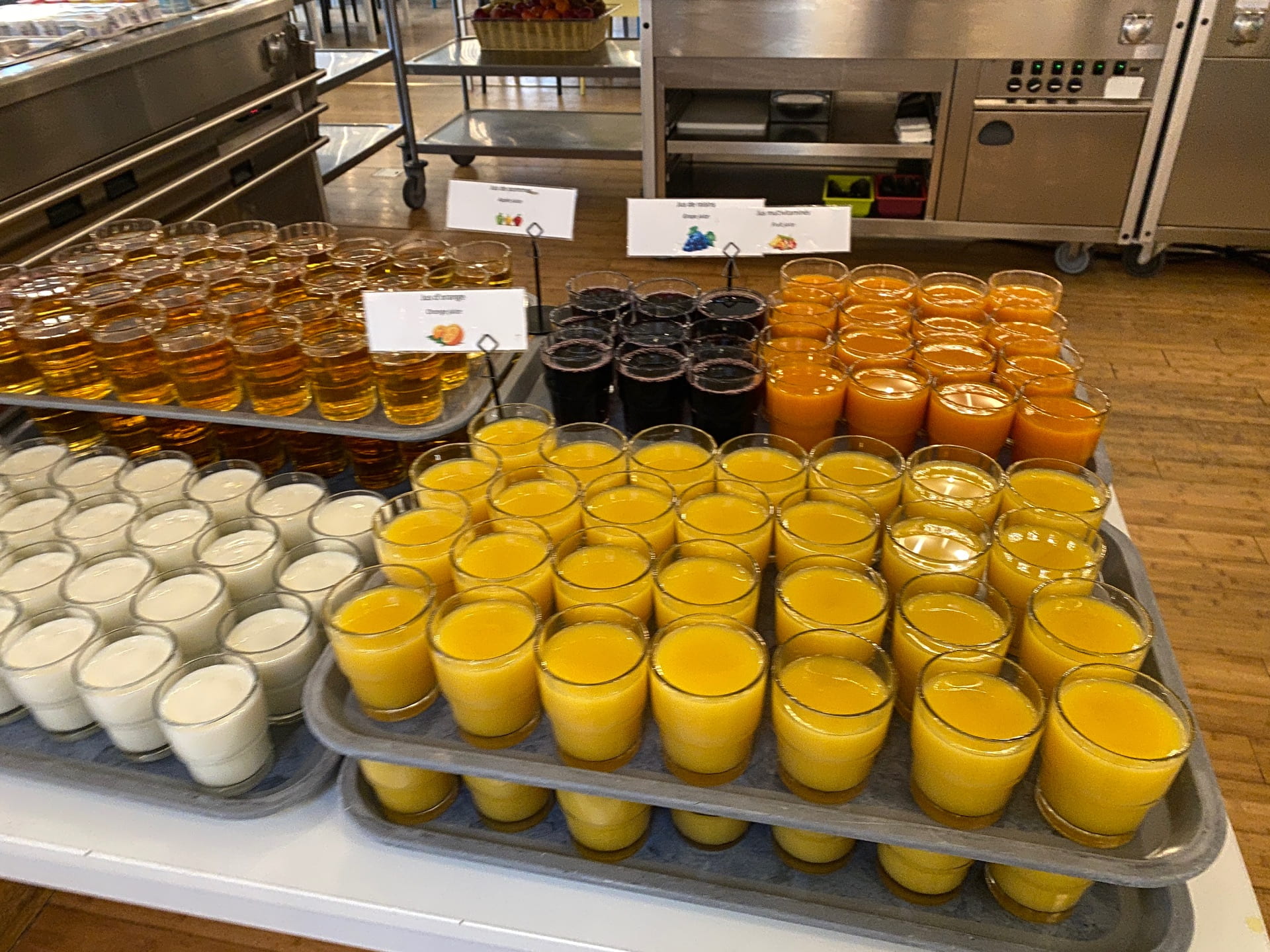





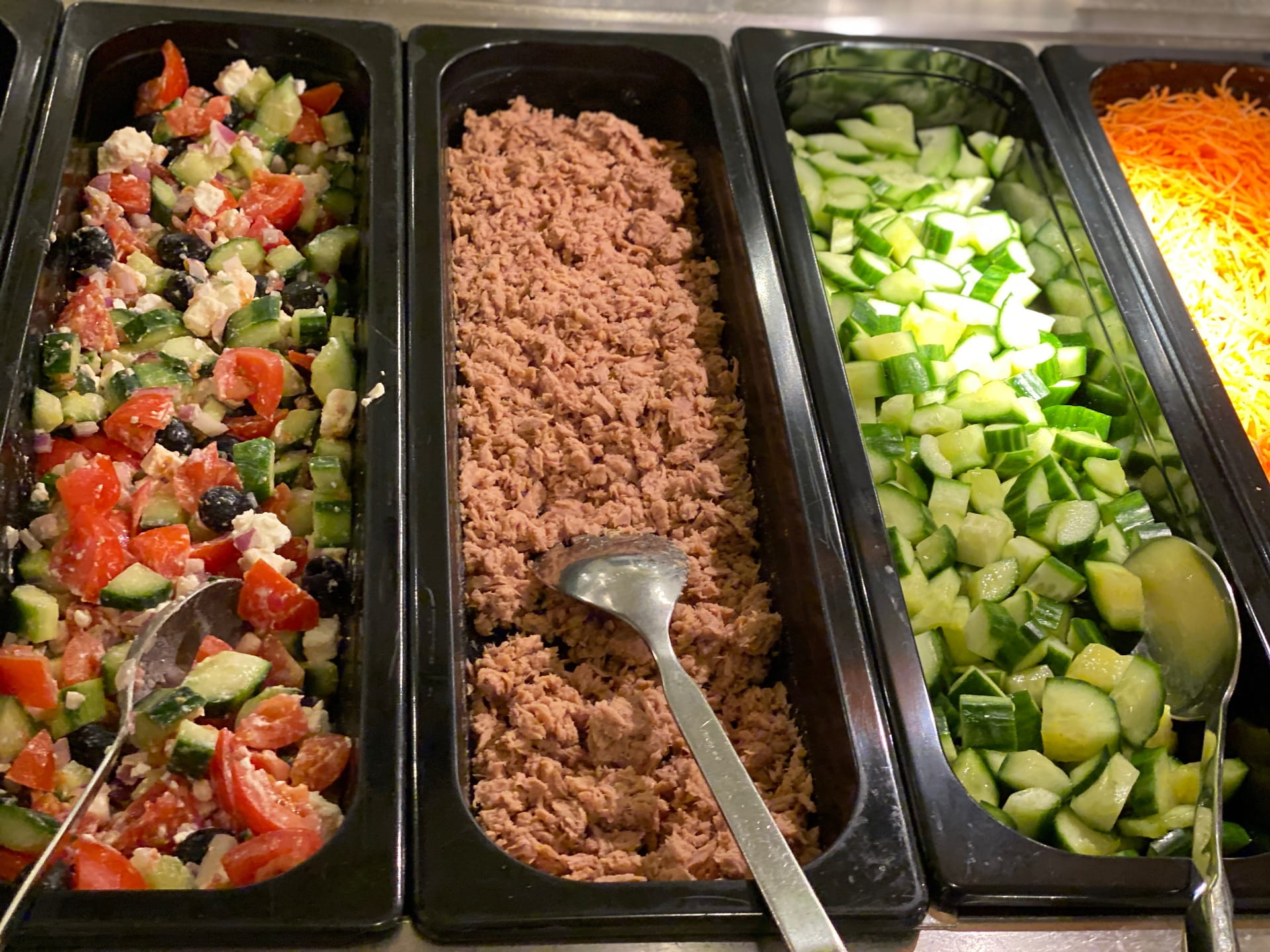

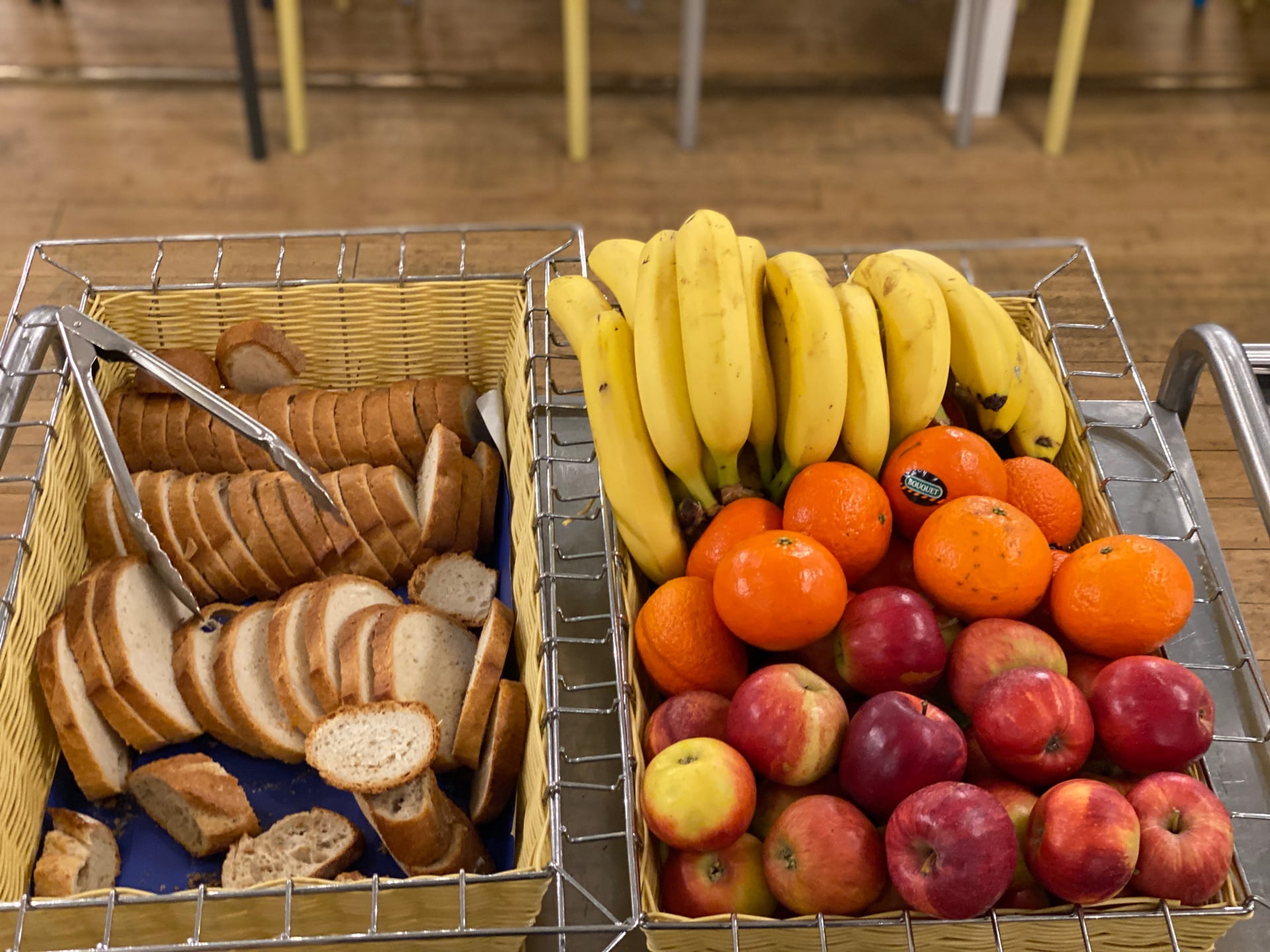


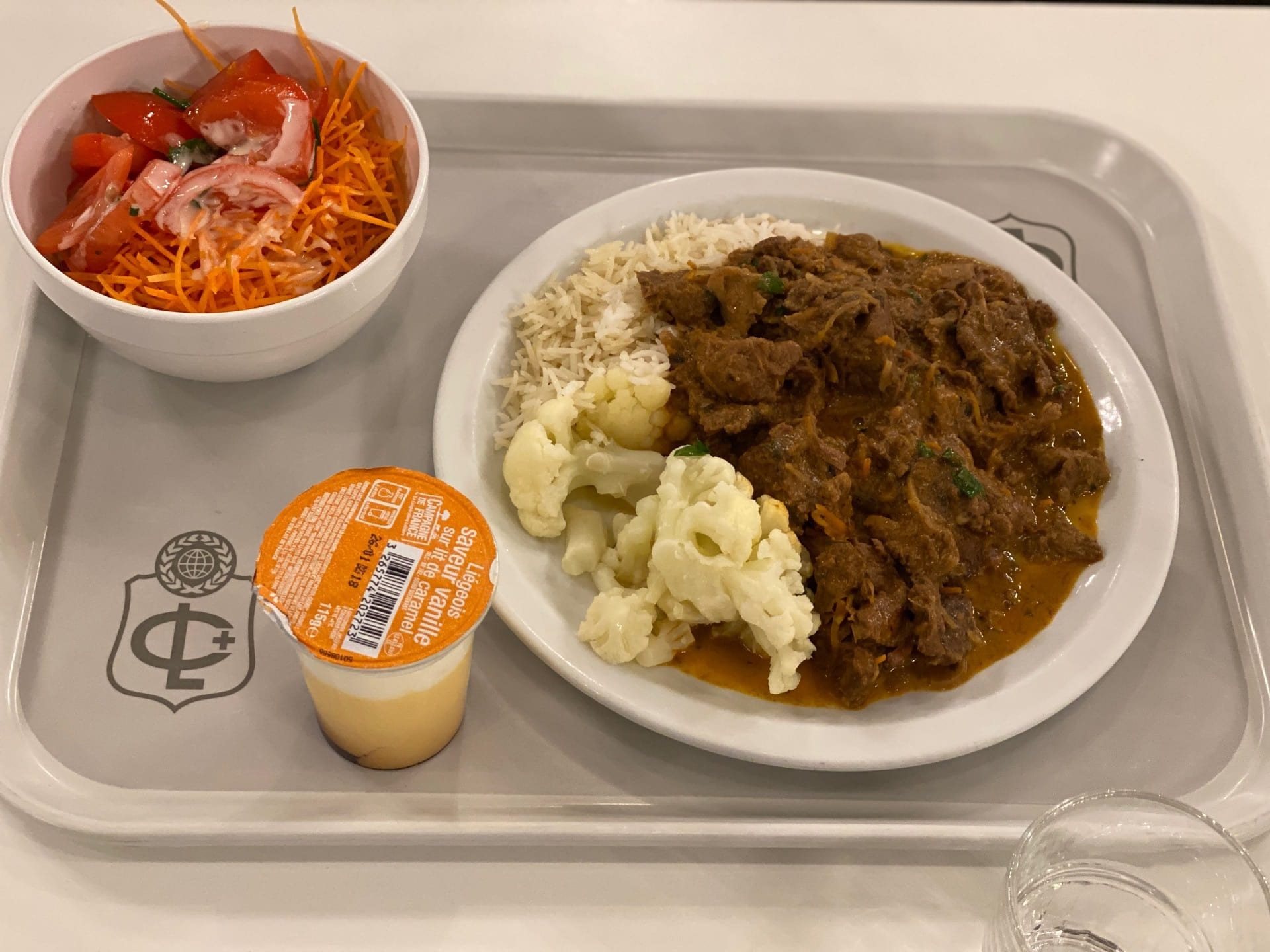



In our community, we believe that fruits are very important for the daily food intake, and as we are supporting a healthy lifestyle, every Tuesday and Saturday, we are getting the fruits-sources of many essential nutrients that are under-consumed, including potassium, dietary fiber, vitamin C, and folate.
Thank you to our boarding managers for these delicious fruits and also thank you to Bianka and Arlene for your help today.
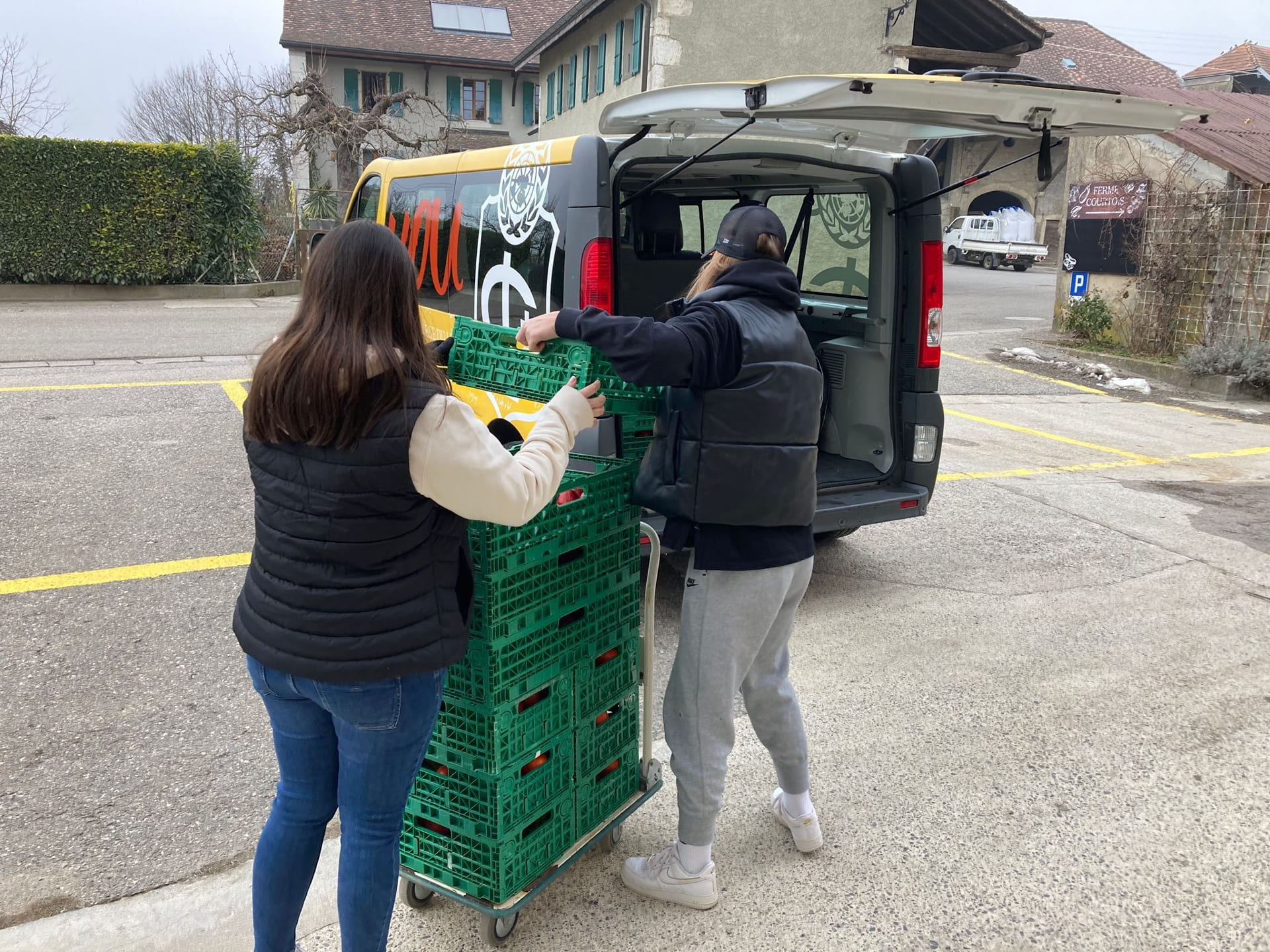

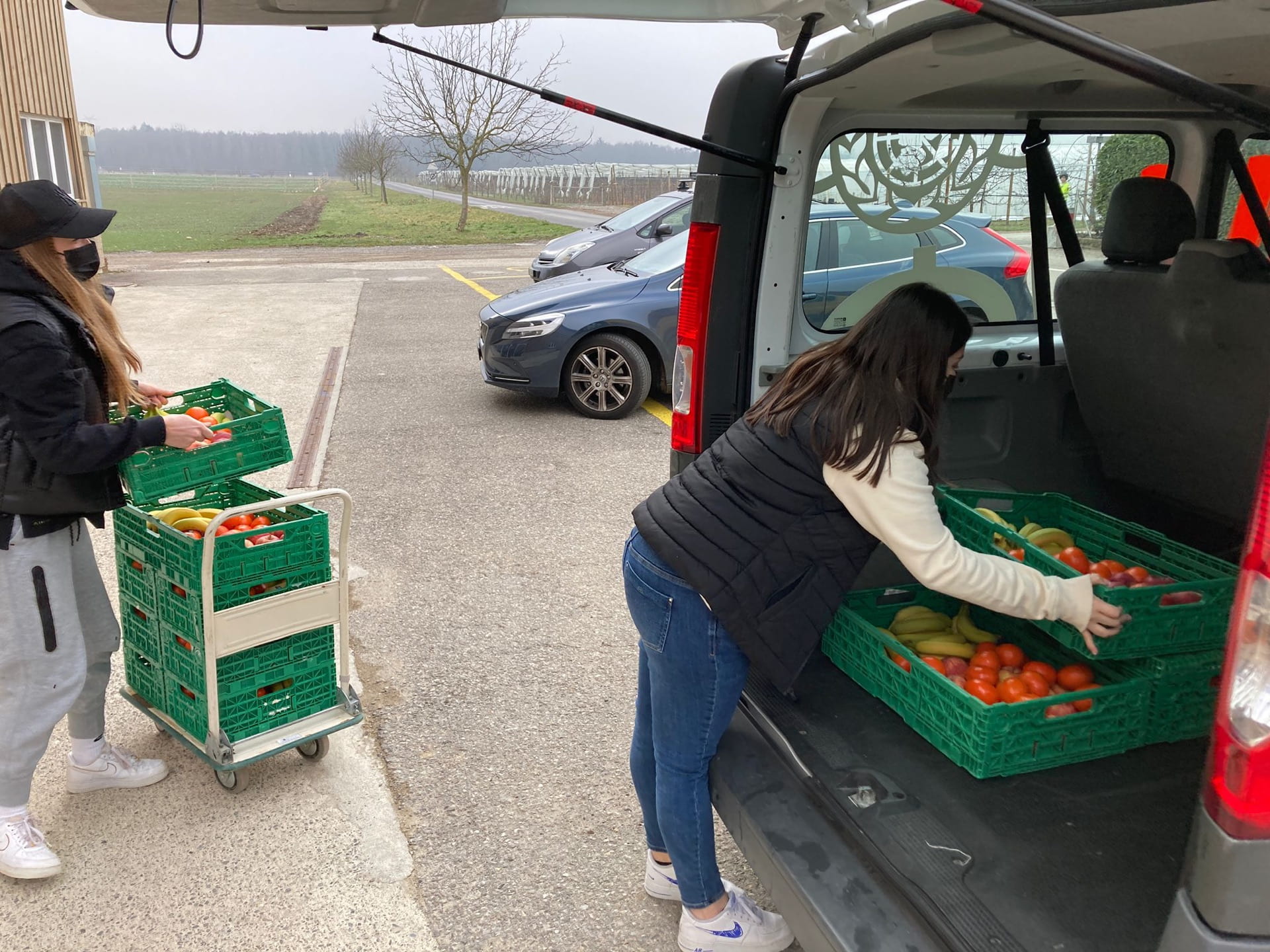











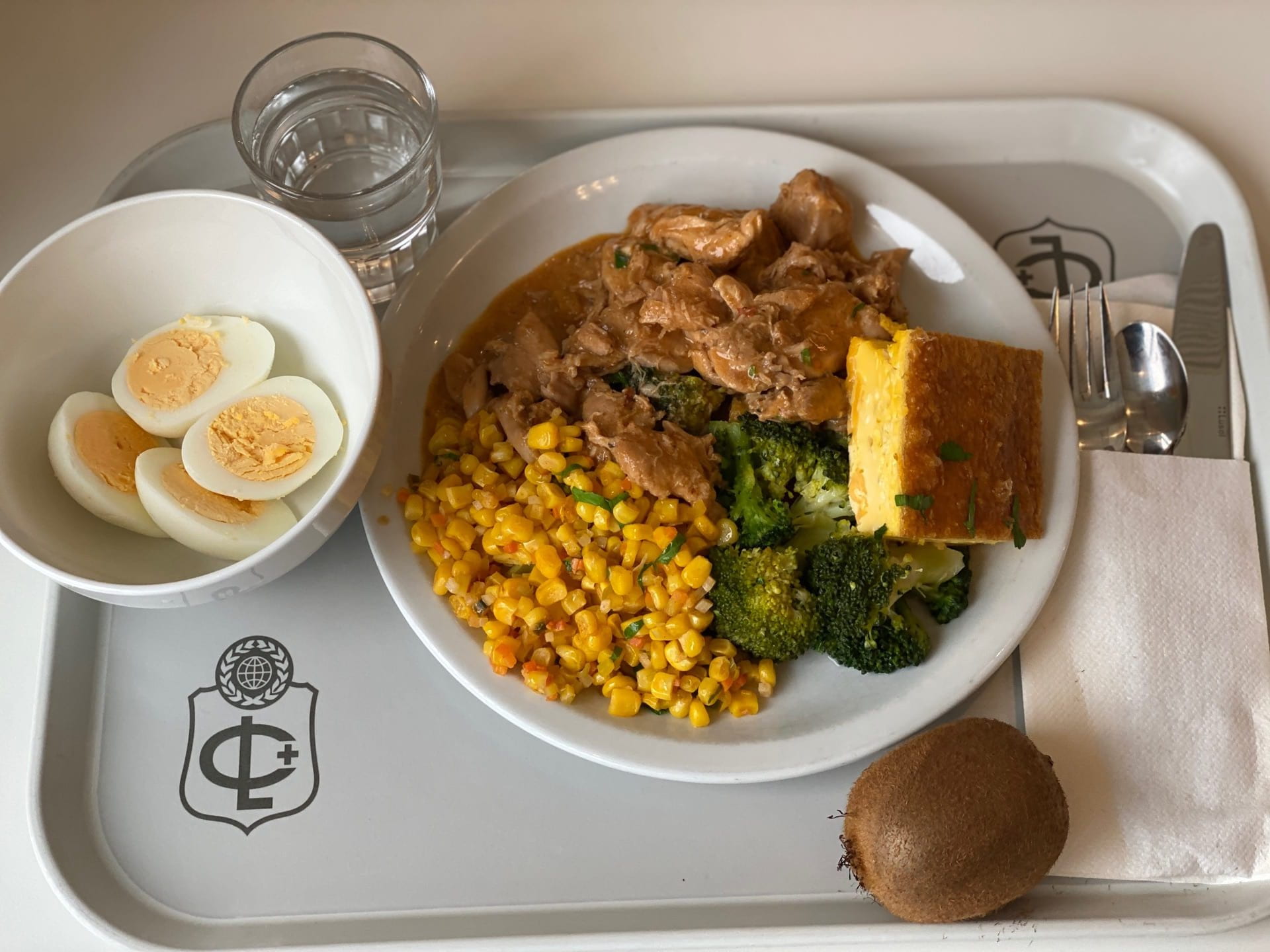


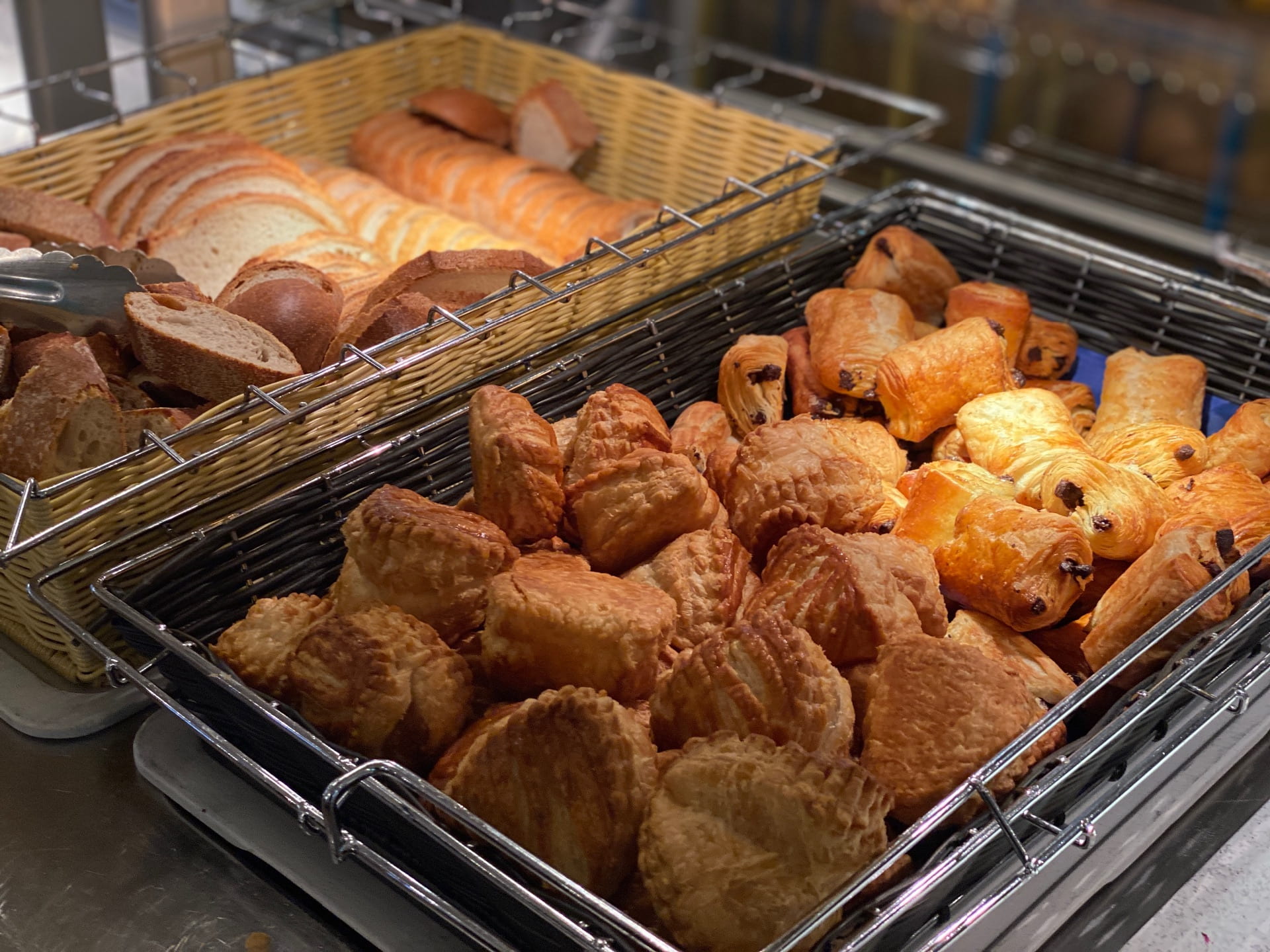

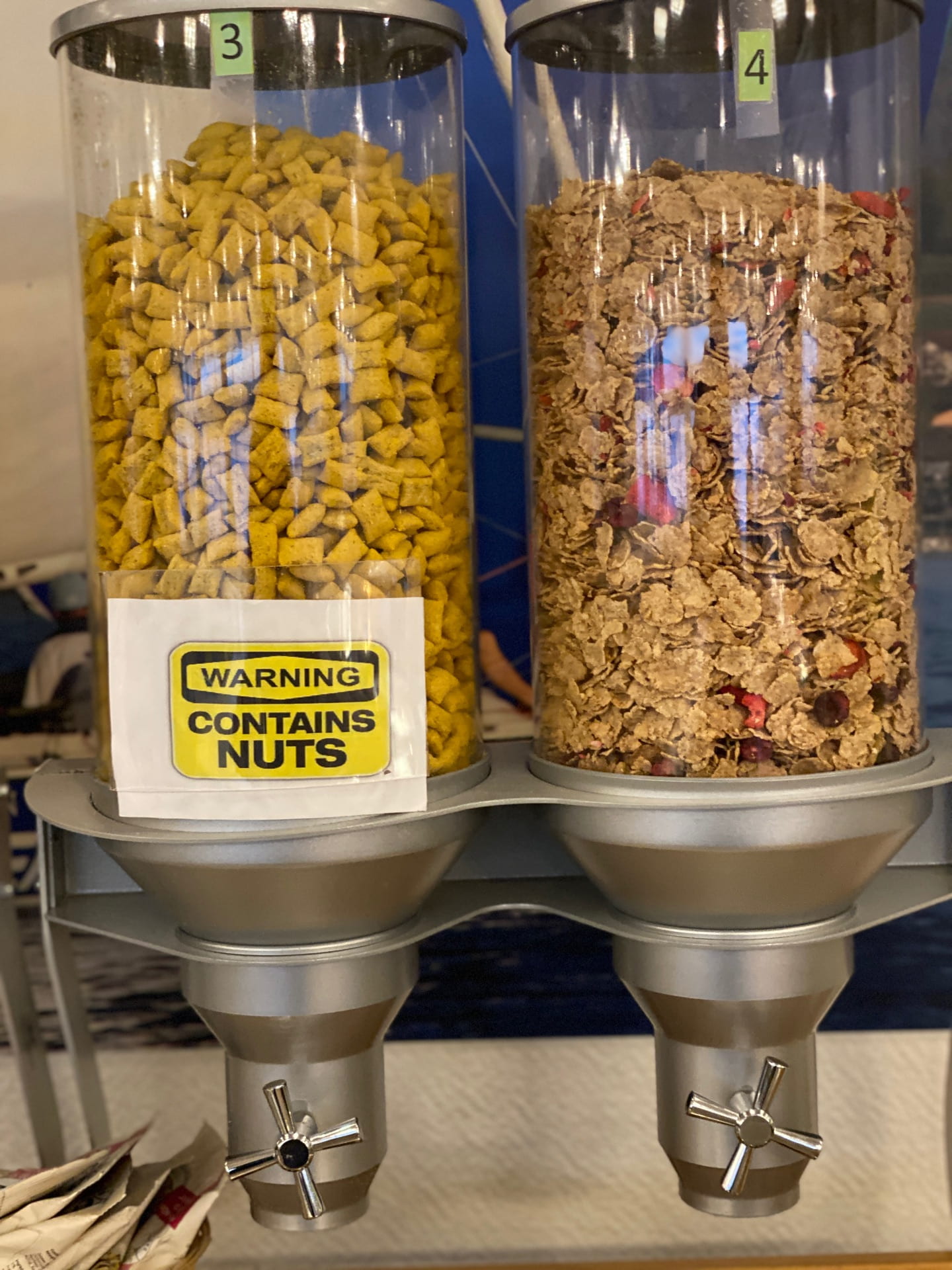





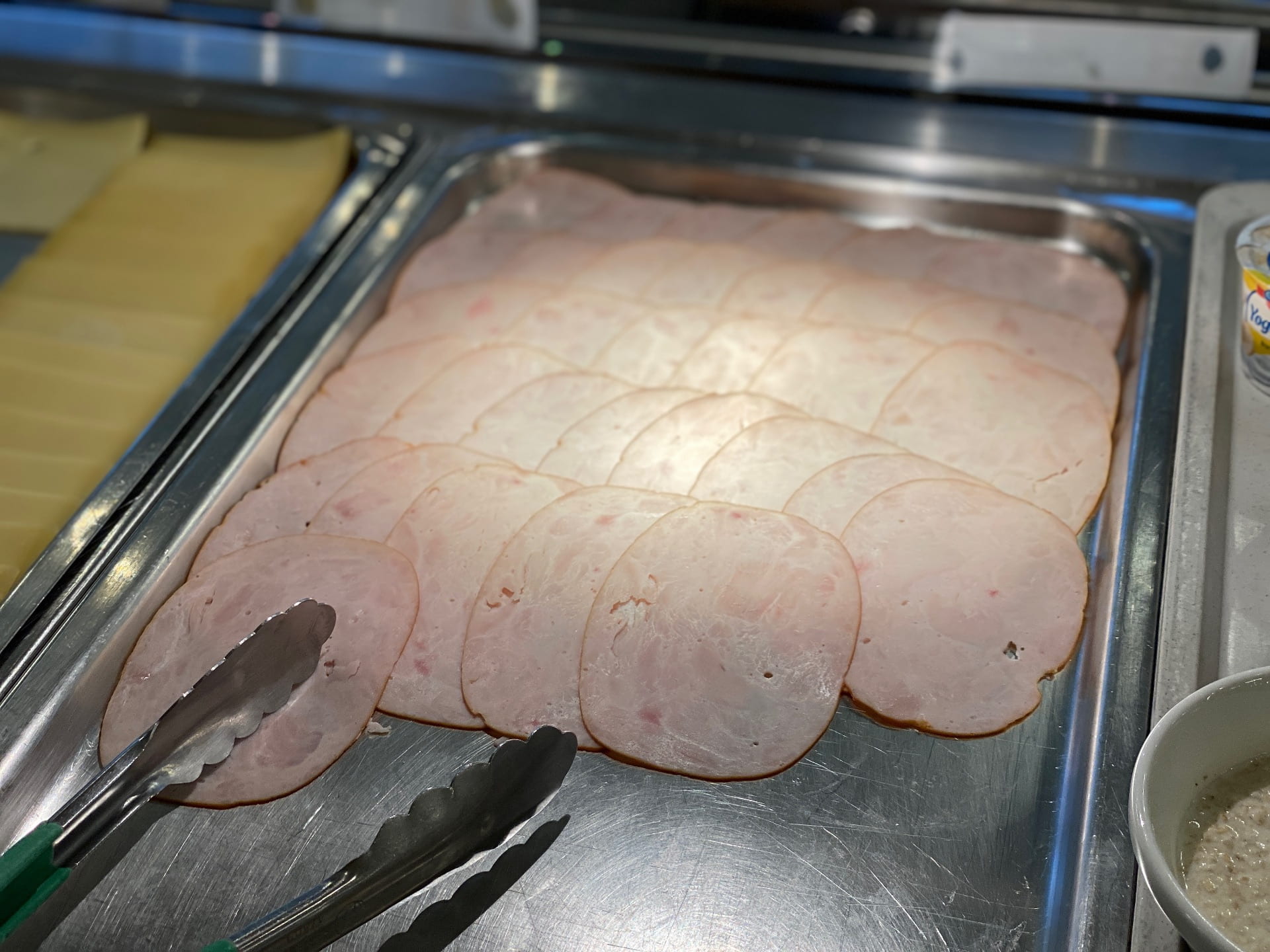











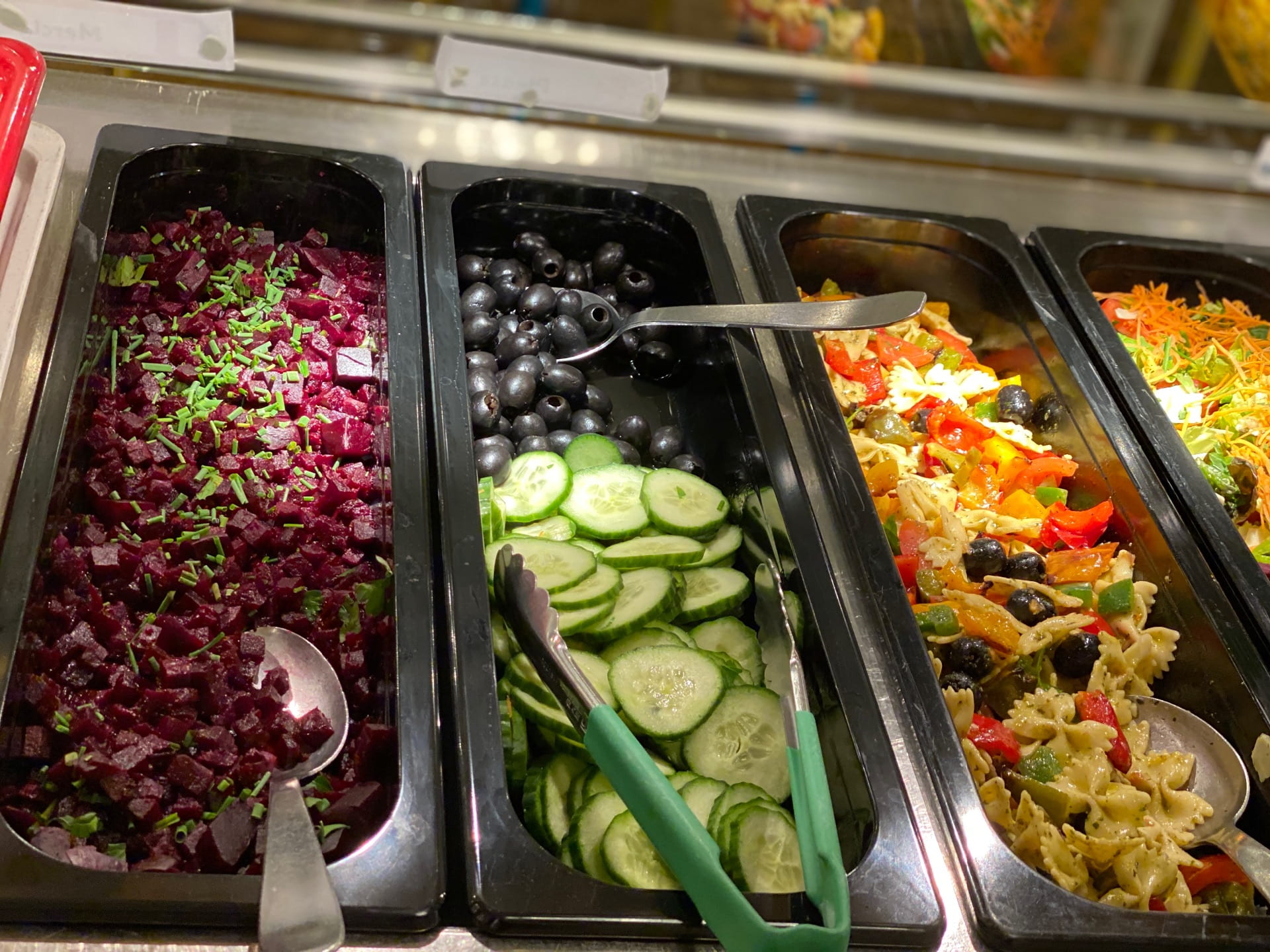

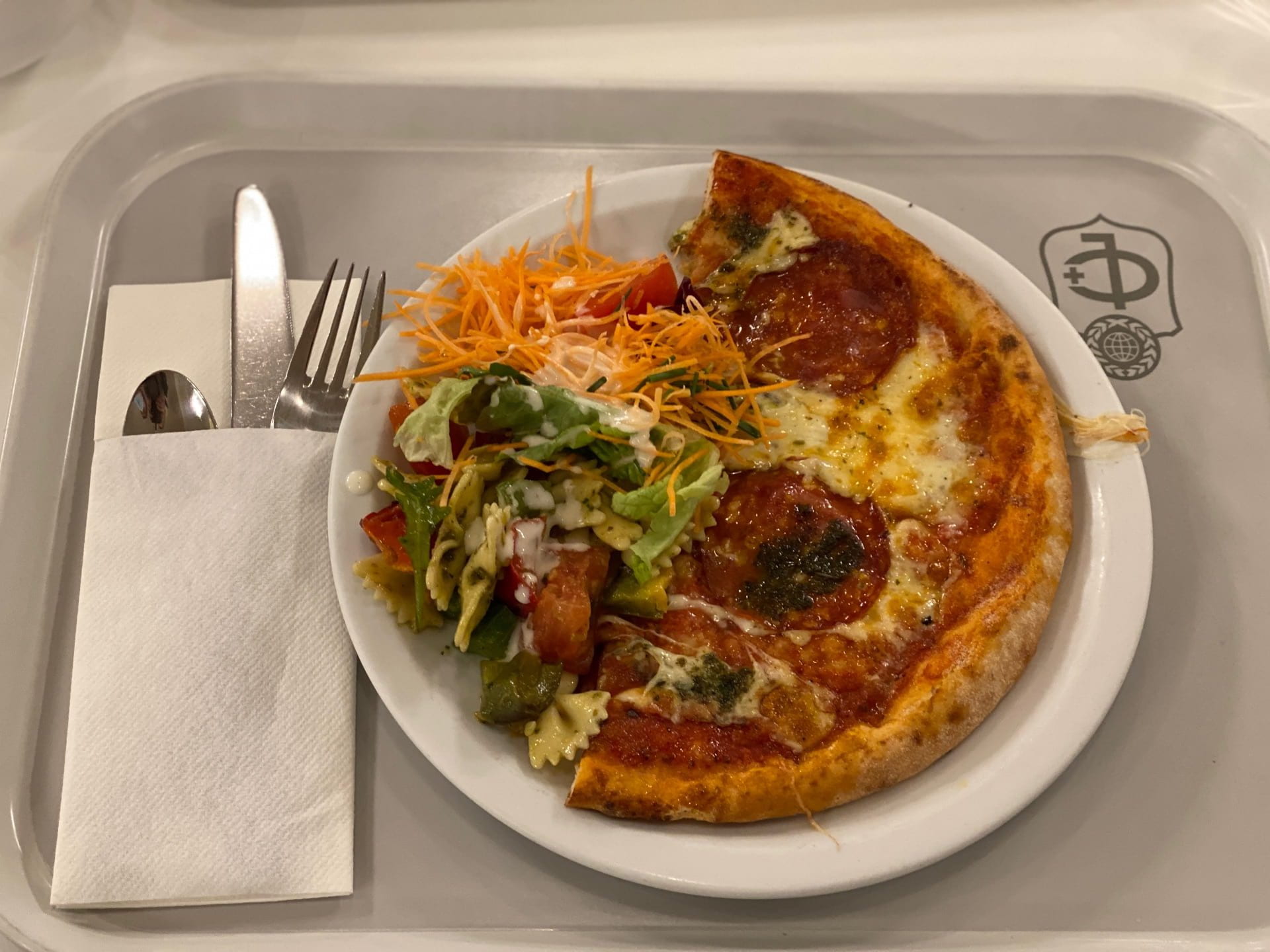





Friendships are one of the most important elements of our lives. We are social beings and despite differences between us we can all agree that we need people around us to be fulfilled in our nature.
In Boarding this is even more emphasized. By being away from the family, the students are led to create strong bonds to lay the foundations of their “Boarding Family”. Peers, roommates, colleagues become like brothers, confidents, close friends… in some cases, inseparable for life. The nature of this connection is then authentic, genuine and forged by the circumstances and the kinship that the setting enhances.
